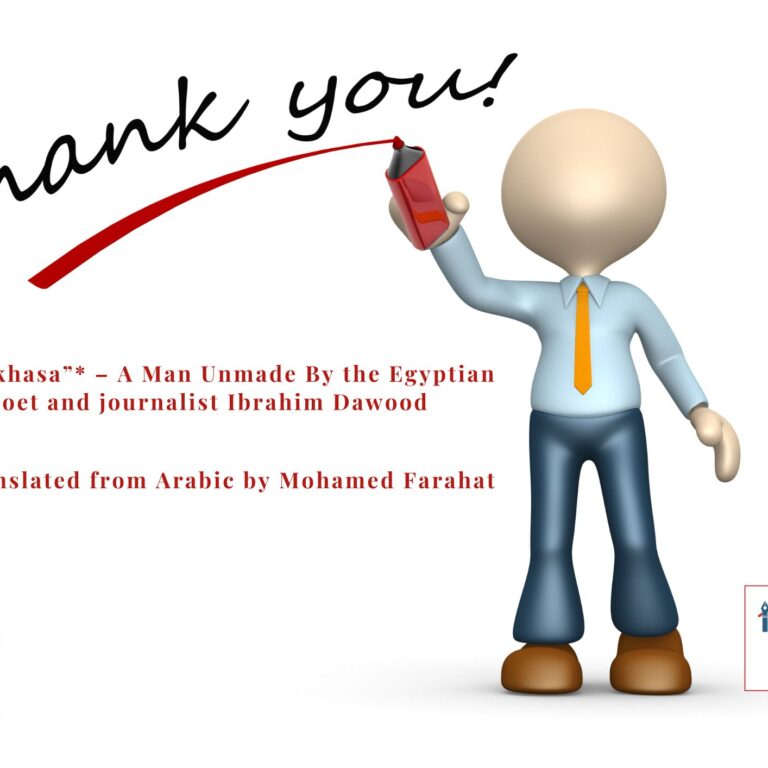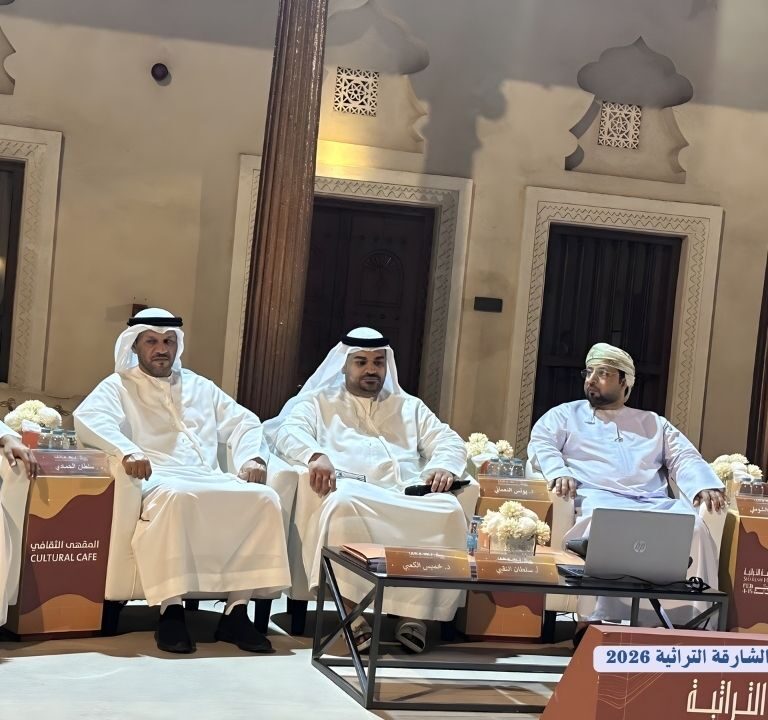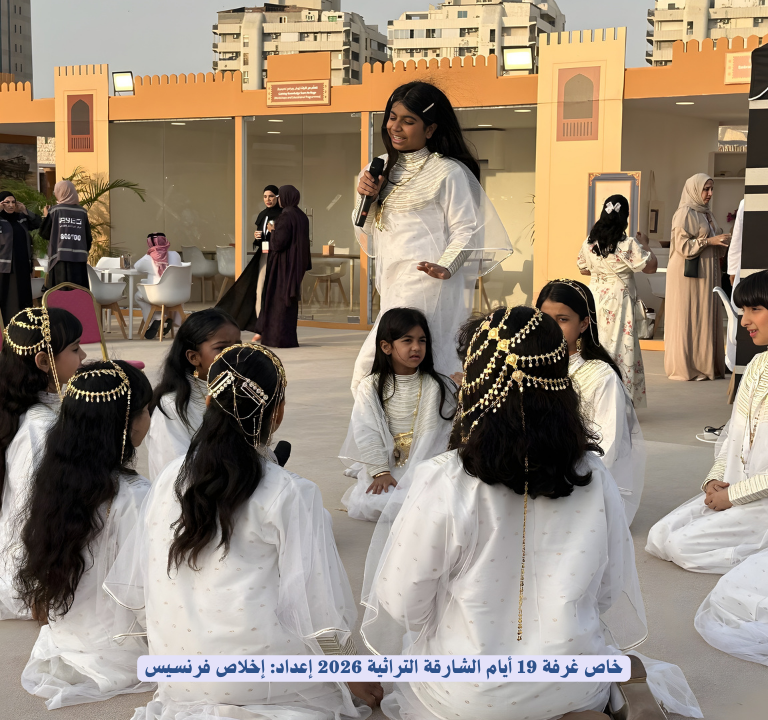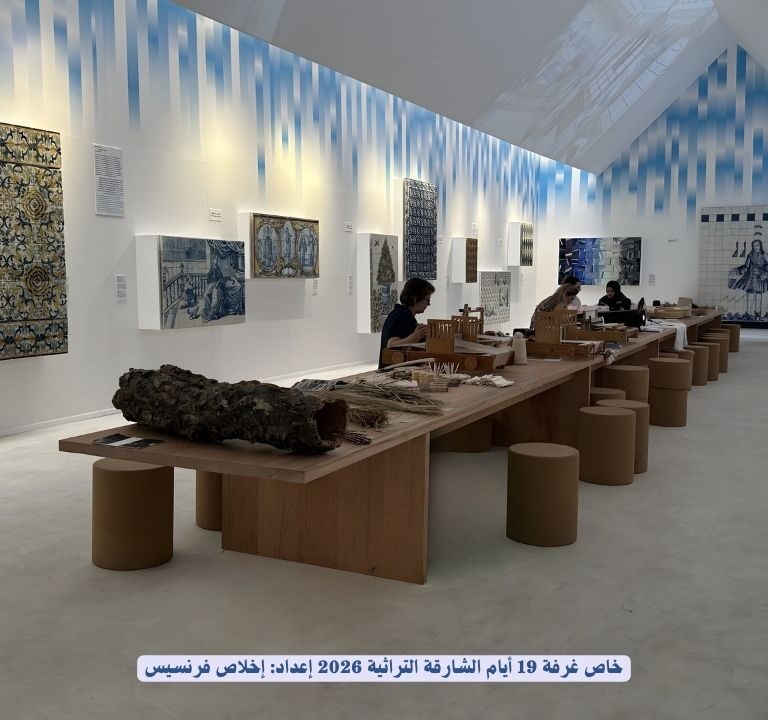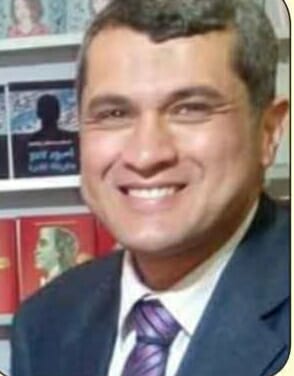
In the long, sprawling streets of Egypt, the queue is a constant presence.
A queue for bread. A queue for a hospital bed. A queue at the ration store. A job queue.
And finally… a queue for death.
Those who wait in these lines do not complain of the wait—they were raised on patience until it became a second skin.
These are Egypt’s poor—or more precisely: the poor of “Masr”.
A country we recognize not from its monuments, but from the dialect of its people, their dark-skinned faces, the smoky scent of liver sandwiches from carts of unknown origin, and the ever-resilient smiles that invent endless jokes to survive daily oppression.
But there is another country, one that bears the same name with a different accent: “Egypt.”
Here, there are no queues, no waiting, no patience.
Everything arrives on time—or earlier.
In Masr, a child goes to school in worn-out shoes, or barefoot.
In Egypt, a child is driven to an international school in a private car, with a chauffeur, and a daily allowance greater than what a government employee earns in a month.
The striking thing is that Egypt is not a separate nation. It’s a walled-off neighborhood inside Masr, inhabited by those born behind high gates.
They live in a different world—private education, private healthcare, private connections, and even private problems… if any.
Meanwhile, in Masr, everything is collapsing: the school crumbles from neglect, the hospital from underfunding, and the people—collapse silently.
This is not a call for class hatred, nor a plea driven by ignorance.
It is a humble attempt to name things as they are.
When the difference between a child’s pocket money and another child’s death for a scrap of bread is merely the “place of birth,” we are not discussing personal effort, but a structural failure in justice and opportunity.
The homeland has split into two societies that only meet in tragedy:
At the site of a natural disaster, which doesn’t distinguish between alleys and compounds.
At a public funeral.
Or in the voting line—before everyone returns to their closed-off realities.
Why is there no longer a middle ground in this country?
Why can’t education once again be a ladder of mobility?
Why doesn’t the state act to rebuild the middle class, instead of dissolving it between obscene wealth and crushing poverty?
The queues in Masr are not just physical—they are spiritual.
Queues of deferred dreams, forgotten rights, and stifled voices.
But the question remains:
When will we break the queue?
When will Masr become one nation again, not two islands—one feeding its children crumbs from dawn’s long breadlines, the other feeding its dogs imported gourmet cans?
Justice is not merely a socialist fantasy.
It is a national necessity.
Otherwise, we will remain in a line that never ends—while the train of Egypt speeds past us, never stopping.
[Footnote] – The 17 Daughters of the “Death Road”
On one of Egypt’s infamously neglected highways—known grimly as the “Road of Death”—seventeen young girls lost their lives in a preventable tragedy.
They were returning from work in fields and factories to help their families survive.
The vehicle carrying them was overcrowded, poorly maintained, and had no legal supervision.
There was no ambulance ready, no road safety measures, and no accountability.
The incident was met with a moment of silence, a few news headlines… and then, silence again.
Their lives, like many others before them, were buried not just by the crash—but by the state’s indifference.
These girls were not in a war zone. They were in Masr—where even survival is a privilege, and where a job can cost you your life.
Their names may fade from memory, but the injustice must not.


